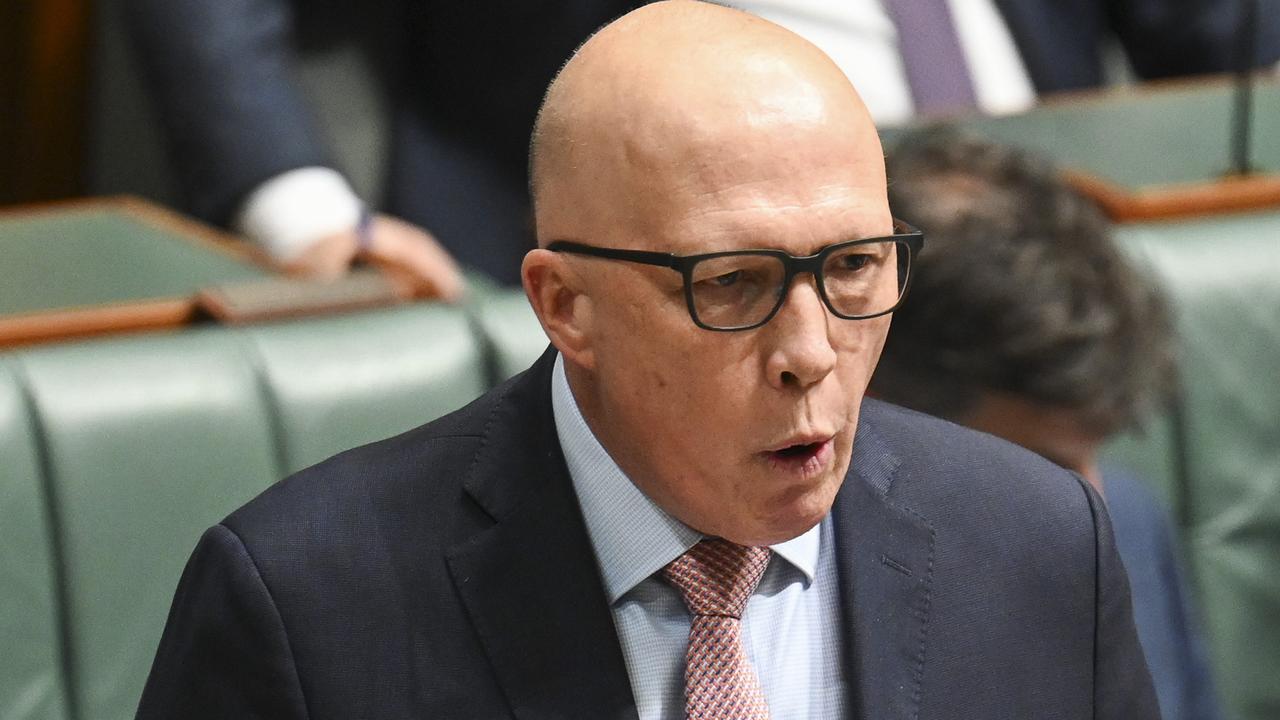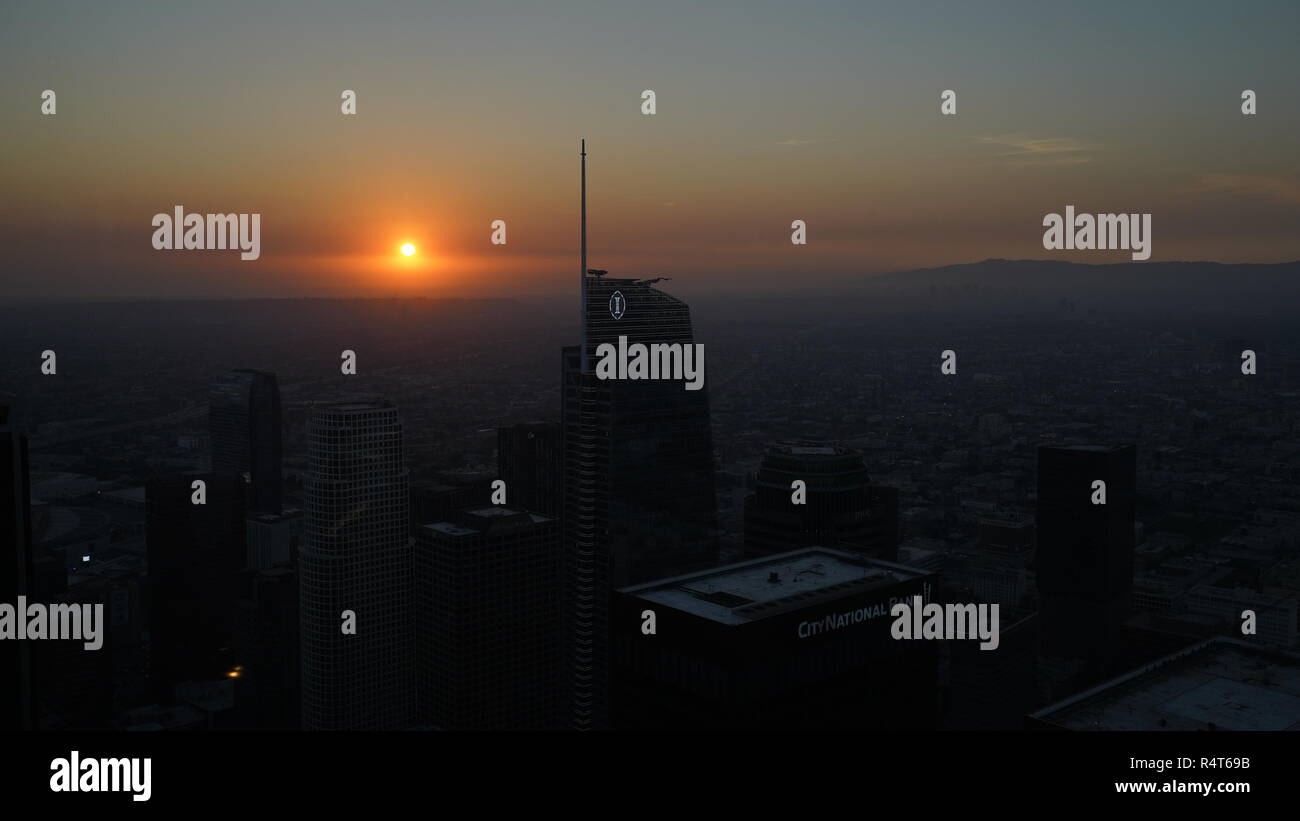The Stakes Are High: Albanese And Dutton's Competing Visions For Australia

Table of Contents
Economic Policy: Divergent Paths to Prosperity
The economic policies of the Albanese Labor government and the Dutton-led Coalition represent significantly different approaches to managing the Australian economy. These differences have major implications for Australians across all income levels.
Albanese's Labor Approach: Investing in People and the Future
Labor's economic platform prioritizes social justice and long-term investment, aiming to build a stronger and fairer economy. This approach focuses on:
- Increased spending on childcare: Substantial investment in affordable childcare aims to boost female workforce participation and stimulate economic growth. This policy is projected to create thousands of jobs and increase overall economic productivity.
- Expansion of the National Disability Insurance Scheme (NDIS): Labor is committed to ensuring the NDIS remains financially sustainable while providing vital support for Australians with disabilities. This commitment involves increased funding and improved efficiency in service delivery.
- Investment in renewable energy jobs and infrastructure projects: A significant focus on transitioning to a clean energy economy through investment in renewable energy sources, creating jobs in emerging sectors and reducing reliance on fossil fuels. This also includes substantial investment in upgrading Australia’s aging infrastructure.
- Fair Work Commission focus on wage increases: Labor aims to boost wages through measures such as strengthening the Fair Work Commission's ability to address wage stagnation and improve workers' bargaining power. This policy is designed to improve living standards and stimulate consumer spending.
Labor’s economic policies are built on the premise that investing in people and infrastructure will deliver long-term economic benefits, creating a more equitable and prosperous society.
Dutton's Coalition Alternative: Fiscal Responsibility and Private Sector Growth
The Coalition, under Dutton's leadership, emphasizes fiscal responsibility, tax cuts, and deregulation to stimulate private sector growth. Their key economic policies include:
- Tax cuts for businesses and high-income earners: The Coalition argues that tax cuts will incentivize investment, job creation, and economic growth. This approach prioritizes the private sector as the engine of economic prosperity.
- Reduced government spending: To achieve fiscal responsibility, the Coalition advocates for reduced government spending across various sectors, prioritizing efficiency and minimizing the national debt.
- Focus on economic growth through private sector initiatives: The Coalition believes in minimizing government intervention and allowing the private sector to drive economic growth through innovation and entrepreneurship.
The Coalition's approach emphasizes a smaller role for government in the economy, believing that private sector initiatives are the most effective way to generate economic growth and prosperity.
Climate Change: A Defining Divide
Climate change is a defining issue in Australian Federal Politics, with Albanese and Dutton holding vastly different approaches.
Albanese's Climate Action Plan: Ambitious Targets and Renewable Energy
Albanese’s Labor government has committed to ambitious climate action, reflecting a significant shift in Australia's approach. Key elements include:
- Target of net-zero emissions by 2050: This ambitious target demonstrates a commitment to aligning with global efforts to mitigate climate change.
- Increased investment in renewable energy infrastructure: Significant investment is planned to accelerate the transition to renewable energy sources, reducing reliance on fossil fuels.
- Policies to protect vulnerable communities from climate change impacts: Recognizing the disproportionate impact of climate change on vulnerable communities, Labor aims to implement policies that provide support and protection.
Dutton's Coalition's Stance: Technology and Economic Pragmatism
The Coalition, while acknowledging the need for climate action, adopts a more cautious and technologically focused approach:
- Technological innovation as a primary means of achieving emissions reduction: The Coalition emphasizes the role of technological advancements in reducing emissions, rather than relying solely on regulatory measures.
- Resistance to ambitious emission targets: The Coalition has expressed concerns about the economic costs associated with ambitious emissions reduction targets.
- Emphasis on balancing environmental concerns with economic realities: The Coalition’s approach seeks to balance environmental protection with maintaining a strong economy.
Foreign Policy and National Security: Navigating a Complex World
Australia's position in the Indo-Pacific region is a critical aspect of Australian Federal Politics, and Albanese and Dutton offer distinct approaches to foreign policy and national security.
Albanese's approach to foreign relations: Strengthening Alliances and Regional Engagement
Albanese’s Labor government prioritizes strengthening alliances and engaging actively in the Indo-Pacific region. This includes:
- Deepening ties with the US and UK (AUKUS): The AUKUS agreement is central to Labor's strategic approach, enhancing defense capabilities and regional security.
- Engagement with regional partners in Southeast Asia: Labor emphasizes fostering strong relationships with regional partners to promote stability and cooperation.
- Focus on upholding a rules-based international order: Labor aims to play a leading role in upholding international norms and promoting a rules-based international order.
Dutton's foreign policy platform: National Sovereignty and Strong Defence
Dutton’s Coalition prioritizes national sovereignty, strong defense capabilities, and a more assertive approach to regional security. This involves:
- Increased military spending: The Coalition advocates for increased investment in defense capabilities to address perceived security threats.
- Strengthening regional defense alliances: The Coalition emphasizes building stronger alliances with like-minded nations to enhance regional security.
- A strong stance on national security threats: The Coalition adopts a firm approach to national security, emphasizing the importance of protecting Australia’s interests.
Conclusion
The contrasting visions of Albanese and Dutton represent a significant crossroads for Australia. Their differing approaches to economic policy, climate change, and foreign policy will shape the nation's future in profound ways. Understanding these key distinctions is crucial for informed political participation. Stay engaged in the ongoing debate surrounding Australian Federal Politics and continue to follow the development of Albanese and Dutton's competing visions for Australia. By understanding these competing visions, you can actively participate in shaping the future of Australian Federal Politics.

Featured Posts
-
 Proyek Strategis Nasional Pemerintah Libatkan Swasta Dalam Pembangunan Giant Sea Wall
May 15, 2025
Proyek Strategis Nasional Pemerintah Libatkan Swasta Dalam Pembangunan Giant Sea Wall
May 15, 2025 -
 Selling Sunset Star Highlights Post Fire Rent Hikes In Los Angeles
May 15, 2025
Selling Sunset Star Highlights Post Fire Rent Hikes In Los Angeles
May 15, 2025 -
 Gol Ovechkina Vashington Ustupil V Pley Off N Kh L
May 15, 2025
Gol Ovechkina Vashington Ustupil V Pley Off N Kh L
May 15, 2025 -
 The Awkward Truth About Paddy Pimblett Vs Michael Chandler A Ufc Veterans Breakdown
May 15, 2025
The Awkward Truth About Paddy Pimblett Vs Michael Chandler A Ufc Veterans Breakdown
May 15, 2025 -
 Isguecue Piyasasi Analizi Dijital Veri Tabani Rehberi Ledra Pal Carsamba
May 15, 2025
Isguecue Piyasasi Analizi Dijital Veri Tabani Rehberi Ledra Pal Carsamba
May 15, 2025
Latest Posts
-
 Knicks News Jalen Brunson Injury Update Tyler Koleks Extended Role And The Crucial Remaining Schedule
May 15, 2025
Knicks News Jalen Brunson Injury Update Tyler Koleks Extended Role And The Crucial Remaining Schedule
May 15, 2025 -
 Nba Playoffs Knicks Brunson Injury Update And Pistons Showdown
May 15, 2025
Nba Playoffs Knicks Brunson Injury Update And Pistons Showdown
May 15, 2025 -
 Pistons Vs Knicks Brunsons Health Key To Playoff Race
May 15, 2025
Pistons Vs Knicks Brunsons Health Key To Playoff Race
May 15, 2025 -
 Jalen Brunsons Injury Assessing The Impact On The New York Knicks
May 15, 2025
Jalen Brunsons Injury Assessing The Impact On The New York Knicks
May 15, 2025 -
 Who Is Ali Marks Getting To Know Jalen Brunsons Wife
May 15, 2025
Who Is Ali Marks Getting To Know Jalen Brunsons Wife
May 15, 2025
